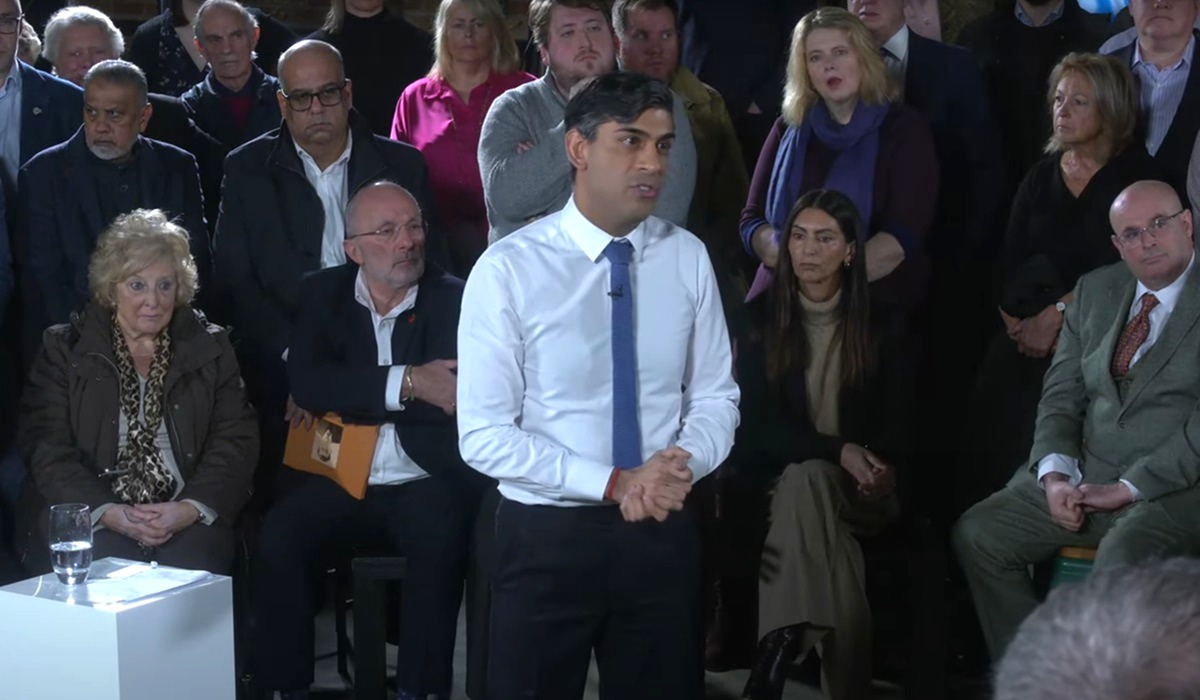As the United Kingdom prepares to head to the polls on July 4th, the political landscape has never looked more tumultuous. Prime Minister Rishi Sunak, the third prime minister in four years, is facing abysmal approval ratings, and the Conservative Party is on the brink of a catastrophic defeat to the Labour Party, led by Sir Keir Rodney Starmer. The latest polls indicate a decisive shift towards Labour, marking a dramatic potential end to Conservative dominance.
The UK’s political and economic woes are multifaceted. The country is still grappling with the fallout from Brexit, a decision that has continued to strain economic and diplomatic relations. The COVID-19 pandemic further ravaged the economy, leading to unprecedented levels of government borrowing and economic mismanagement that have yet to be resolved. Under Sunak’s leadership, the UK has failed to regain economic stability, with inflation and cost of living crises only worsening.
Prime Minister Sunak, who ascended to power amid internal party chaos, has proven to be an ineffectual leader during these challenging times. Critics argue that his tenure has been marked by subservience to US interests rather than focusing on the needs of British citizens. His administration’s foreign policy, particularly in the Middle East, has been controversial. The decision to engage in military actions in Gaza and Lebanon, accompanied by massive expenditures on weaponry, has drawn severe criticism. These actions have not only put British citizens at risk of future retaliations but have also diverted attention and resources away from pressing domestic issues.
Sunak’s image as a privileged politician, disconnected from the realities faced by ordinary Britons, has further alienated voters. His perceived loyalty to US President Joe Biden rather than addressing Britain’s own crises has earned him the derisive label of “Biden’s Whipping Boy.” This characterization is reflective of a broader discontent with his leadership style, seen as lacking in the decisive and independent qualities expected of a prime minister.
Adding to the Conservative Party’s woes is the rise of far-right factions, such as the Reform Party, led by Brexit architect Nigel Farage. Farage’s influence threatens to split the Conservative vote, paving a clearer path for Labour to regain control of the House of Commons. This internal division within the right-wing vote only underscores the party’s inability to present a united front in these critical times.
In contrast, Sir Keir Starmer’s Labour Party has resonated with the electorate by presenting a vision of stability and pragmatic leadership. Starmer’s approach, emphasizing rebuilding the economy and addressing social inequities, offers a stark contrast to the disarray and perceived elitism of Sunak’s government.
As the UK stands on the cusp of this pivotal election, it is evident that the country is yearning for change. The rapid succession of four prime ministers in as many years is a testament to the need for stable and effective leadership. Sunak’s short and troubled tenure may well be remembered as a period of missed opportunities and misplaced priorities. The upcoming election could mark not only the end of his time in office but also a significant shift in British politics.
The British electorate appears ready to turn the page on this era of political instability and mismanagement, looking towards a new chapter under potentially more competent leadership. As the nation braces for the polls, the message is clear: change is not only desired but necessary for the UK’s future.









